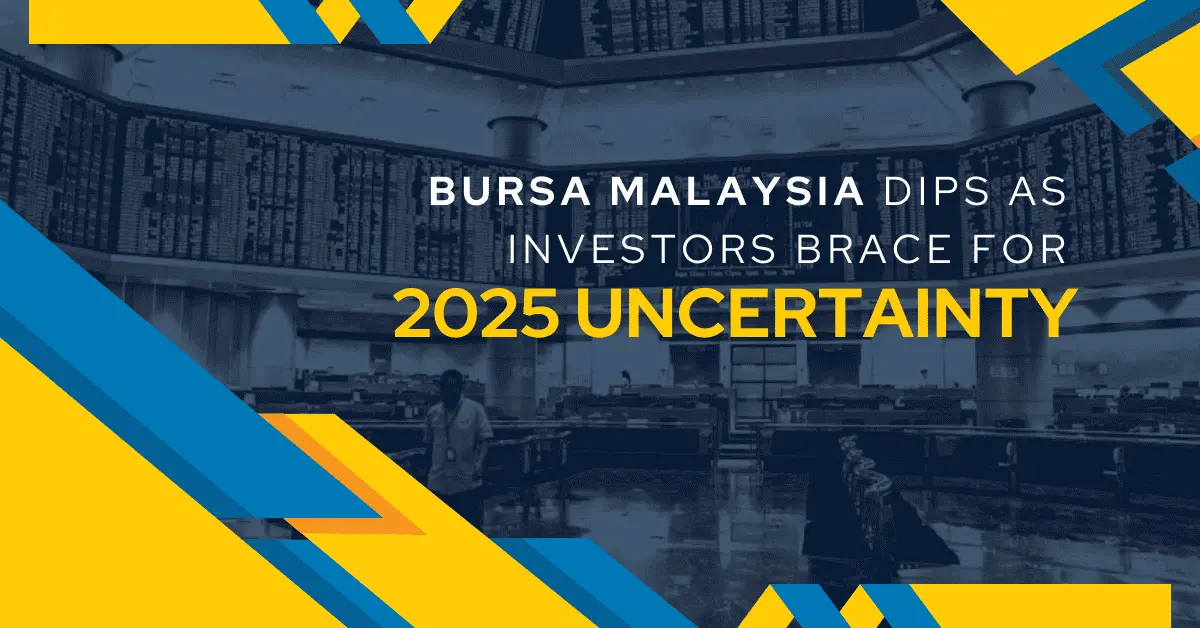Hong Leong Bank
Abstract:Hong Leong Bank Berhad is a regional financial services company based in Malaysia, with presence in Singapore, Hong Kong, Vietnam, Cambodia and China.
General Information
Hong Leong Bank Berhad is a regional financial services company based in Malaysia, with presence in Singapore, Hong Kong, Vietnam, Cambodia and China.
History
Hong Leong Bank began its operations in 1905 in Kuching, Sarawak, under the name of Kwong Lee Mortgage & Remittance Company. The company granted loans against the security of export commodities such as pepper, rubber and other indigenous products. It also provided the services of remitting money of overseas Chinese to their families in the Southeast region of China. The second branch was opened in Singapore in 1929, and third one was opened in Sarikei in 1937. On 3 January 1994, the Hong Leong Group Malaysia acquired MUI Bank Berhad through Hong Leong Credit Berhad and renamed it as Hong Leong Bank Berhad (HLBB). The acquisition of MUI Bank Berhad by Hong Leong Group Malaysia (which is controlled by Malaysian business tycoon Quek Leng Chan) followed shortly after an aborted takeover attempt by another Malaysian tycoon Tan Sri Dato Vincent Tan Chee Yioun (through his vehicle Berjaya Corporation). HLBB is a member of the Hong Leong Group. The group has diversified businesses in financial services, manufacturing, property, and infrastructure development.
Products & Services
Personal Banking
The bank provides banking services and financial products, which include property, auto, personal loans, payment products, share financing, investment, and insurance, as well as deposits and remittance to individuals and small businesses.
Business & Corporate Banking
Principal business activities include the provision of banking solutions such as deposit and loan services covering business current account, interest-bearing auto-sweep as well as fixed deposit, and financing options ranging from asset acquisition, working capital, and debt capital market structures, for corporate, commercial and SME client base. HLB also specializes in the provision of transaction banking solutions via cash management, trade financing and services.
Controversies
In February 2013, the bank had embarked on a rationalization exercise as part of its continuing efforts to review its business and maintain competitiveness. As part of the exercise involves transfer non-executive staffs from all over the country to three centralized locations, it created dissatisfactions amongst affected employees. A picket was held at Wisma Hong Leong in November 2013.[9] Alleged wrongful dismissal of the 27 employees for refusing to transfer has been referred to Industrial Court.
Customer support
Hong Leong Banks Self-service Phone Banking and Customer Relationship Offices are available:
General Enquiries: 8:30am-4:30pm (Monday to Friday), 8:30am to 5:30 pm (Saturday & Sunday)
ATM & Card Assistance: 24 Hours Email: ask@hlbvn.hongleong.com.
For Priority Banking Concierge Line, Tel: +84 28) 6299 8111 (Ho Chi Minh) (+84 24) 6271 0303 (Hanoi).
Read more

Forex Price Trend Prediction! | Come be a New Year Price Winner!
Become a New Year Price Winner by predicting the fluctuations of Forex!

US Manufacturing PMI Exceeds Expectations, Gold Retreats from Three-Week Highs
This week, the gold market has been influenced by multiple factors, with prices retreating from three-week highs but still showing potential for a bullish rebound. The robust performance of the U.S. January ISM Manufacturing PMI, coupled with rising U.S. Treasury yields have put downward pressure on gold prices.

Bursa Malaysia Dips as Investors Brace for 2025 Uncertainty
Bursa Malaysia saw a slight dip on the final trading day of the year as profit-taking and cautious sentiment dominated. The FBM KLCI declined 3.4 points to 1,634.28, with muted turnover of RM822.07 million due to year-end festivities. Blue-chip stocks, including Tenaga Nasional and Telekom Malaysia, experienced declines, while regional markets remained subdued amid global uncertainties. As 2024 approaches, investors remain cautious, balancing risks with potential opportunities.

What Impact Does Japan’s Positive Output Gap Have on the Yen?
The Japanese government has announced that, due to a tight labor market, the country’s economic output is expected to return to full capacity in the next fiscal year for the first time in seven years.
WikiFX Broker
Latest News
TD Bank to Sell $14.9 Billion Schwab Stake, Repurchase Shares
Warning Against Agra Markets: Stay Cautious!
Trump tariffs: Retaliate or negotiate - what will US partners do next?
Hacker Who Breached SEC Account and Falsely Announced Bitcoin ETF Approval Faces Trial
Oil Prices Fluctuate as Iran and Trump Clash!
Best Regulated Forex Brokers Offering Daily Trading Signals
VPFX Secures UAE SCA License, Expands FX and CFDs Services
RBI New Initiative: ‘bank.in’ to Protect You from Fraud
MultiBank Group Launches UAE CFD Shares on MultiBank-Plus App and MT5
TradingHub Expands in Australia with Bronwyn Hill as Senior Relationship Manager
Rate Calc

